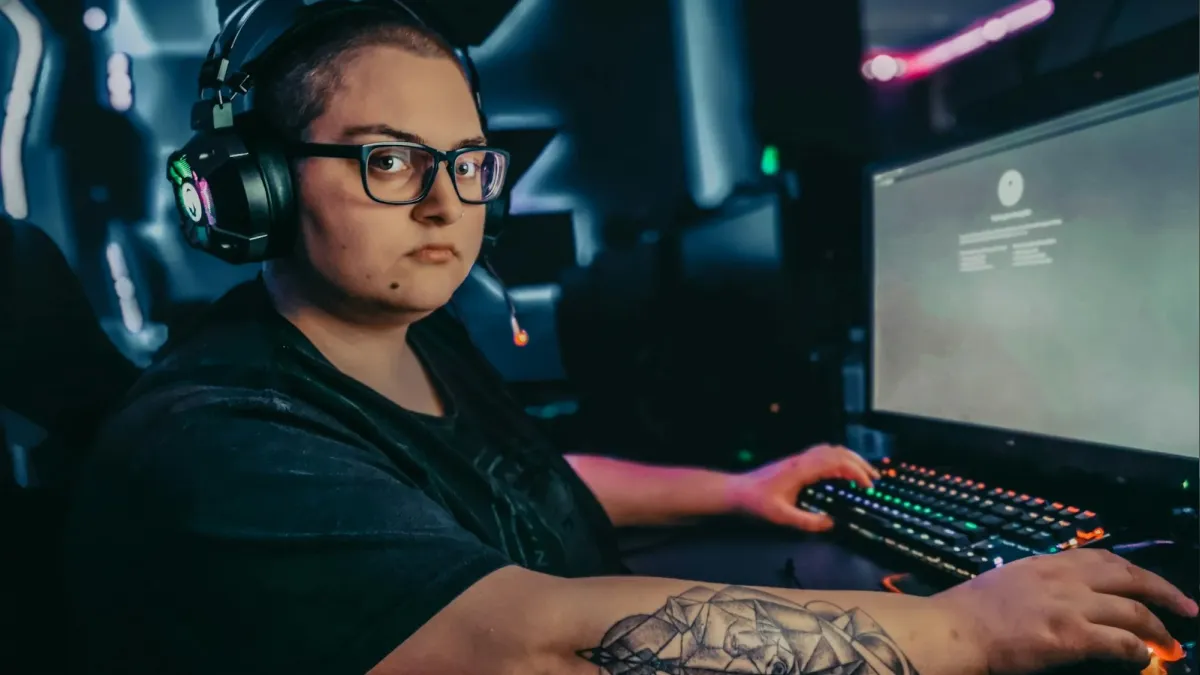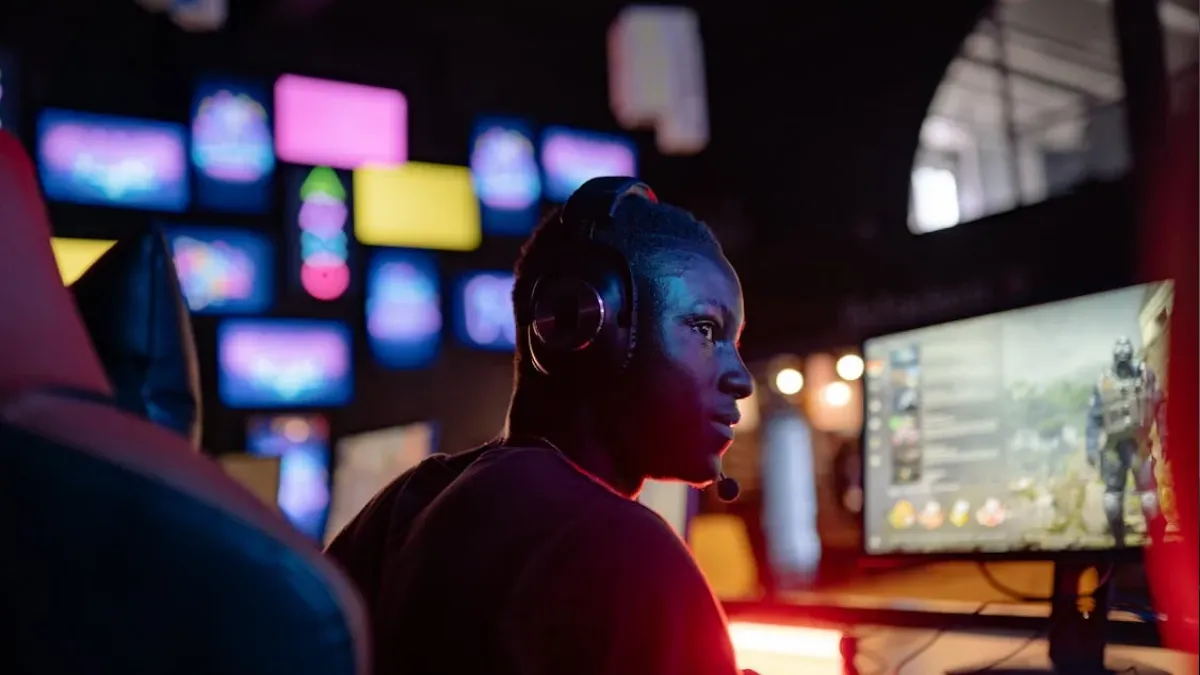What Education or Training Is Needed for Esports Careers?

There’s no one awarding diplomas to students in the name of “Elite Headshot Mastery.” However, launching a career in esports isn’t a requirement for an unofficial PhD in gaming, either. The options are as varied in the same way as games that we play. Let’s explore the kind of education and training to advance in the world of esports.
Key Takeaways
- Formal education isn’t a must, but it’s a helpful boost for some esports career paths.
- Universities and workshops are offering more esports-specific programs than ever.
- Self-teaching, internships, and networking can open up esports job opportunities.
- Transferable skills from other fields are often in high demand.
- With enough passion and persistence, anyone can unlock their dream role in esports.
Do You Need a Degree for Esports?
The short answer is no, but it can be helpful. Esports is a thriving industry that has roles ranging from marketing and management to coaching and creating content. Certain paths, such as broadcasting esports jobs or marketing jobs, can benefit from qualifications in fields like communications, media or business. But, for a pro esports player career? Your abilities and your rank are more important than an average GPA.
Specialized Esports Programs
If you’re looking to truly get into the game (and we mean it in the best possible way) numerous universities offer certificates or degrees in esports. These programs focus on event planning, team management, broadcasting, and gaming strategies–essential for roles like esports event coordinator careers or esports team management careers.
Workshops and trade schools are another option for enhancing your skills in areas such as video editing or graphic design which is ideal if you’re looking for graphic design jobs in Esports or careers in media for esports.
Related
Skills You Can Teach Yourself

In a majority of jobs in esports, practical skills are more important than diplomas framed that are displayed on the wall. This is what you can start studying on your own:
- Communication Skills: Crucial for roles like esports caster jobs. You can try commenting on your games while you play (yes even if it’s for your dog).
- YouTube and Video editing Tools that are free such as DaVinci Resolve or OBS can transform you into a highlight reel master.
- Game mechanics: Whether you’re considering a career as a player or coaching position, knowing the insides and outs of the sport you’re interested in is not a matter of choice.
Certifications That Make Sense
Certain certifications are worth getting according to your intended direction:
- Social Media Marketing Excellent for Esports marketing or jobs as a content creator.
- Data Analysis If you’re interested in career opportunities in esports analysis platforms like Coursera or edX are a good choice.
- Technology Support as well as Streaming Equipment Tech experts have a stable spot in Esports for jobs such as helping to set up tournaments or major events.
Internships and Real-World Experience
Are you looking to learn how to land an esports job quickly? Volunteer positions and internships are great opportunities. Many teams and esports organizations require assistance in organizing events or managing streams. Look for job opportunities in esports in local schools or with local organizations. It’s a great opportunity to build your profile (and who doesn’t want some free gifts as a reward? ).
Learning Beyond the Classroom
Sometimes, the most effective training is actually playing the game. Build communities, work as a team and even organize your own tournaments. Every experience adds to your overall career picture.
- Engage in competitive games to sharpen your abilities.
- Join Esports forums and online forums. Networking can open doors faster than speedrunning.
Wrap-Up
There’s no universal method to get into esports. Although formal education may provide a boost in the right direction, experience gained through hands-on learning along with self-learning and passion are what really matter. Like any other game, your job is all about strategy flexibility, and pursuing the best results.
FAQ
-
Not always. Many jobs value skills and experience more than formal education.



